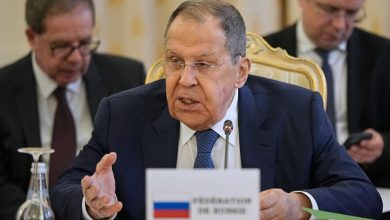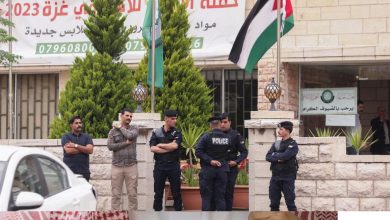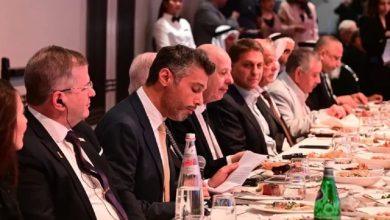Syria and Turkey Move Toward Economic Reconciliation with 12 New Cooperation Agreements
Historic meetings in Damascus pave the way for joint banking, trade, and infrastructure development between Syria and Turkey.
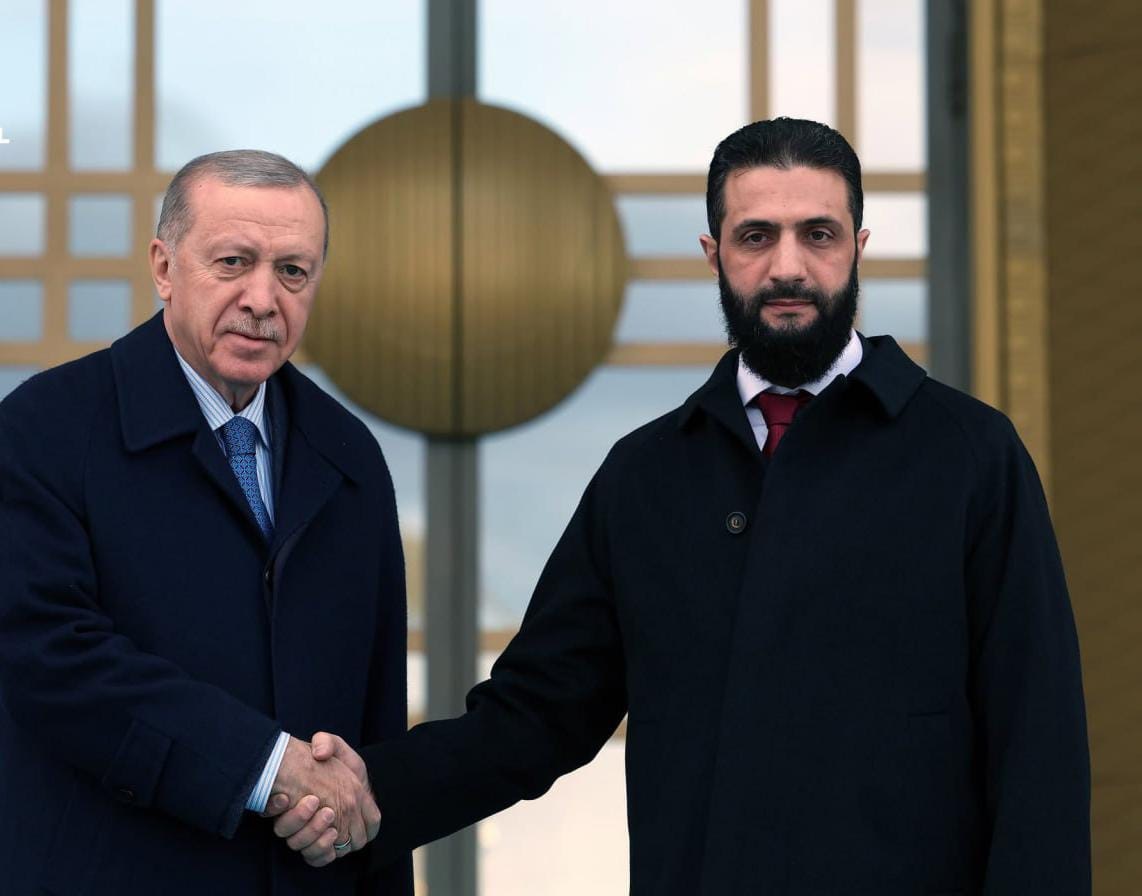
Watan-Syrian Finance Minister Mohammad Yaser Barniyeh held a meeting in Damascus on Wednesday with Turkish Trade Minister Ömer Bolat, joined by representatives from the Ministries of Transport, Trade, and Industry. The session was hosted at the Syrian Ministry of Finance headquarters.
12 New Agreements in the Pipeline
Rawad Ramadan, a senior figure from the Turkish Foreign Ministry’s Economic Relations Council and General Coordinator for Syria, announced that Syria and Turkey are preparing to sign 12 new bilateral cooperation agreements. He stated that these agreements are being supported at the presidential level in both countries.
“So far, we’ve held four meetings with the Ministers of Economy, Transport, and Finance. Next, we’ll meet with the authorities responsible for land and sea crossings,” Ramadan said. He also noted that the visiting delegation is the largest and most high-level Turkish delegation to visit Syria since the formation of the new Syrian government.
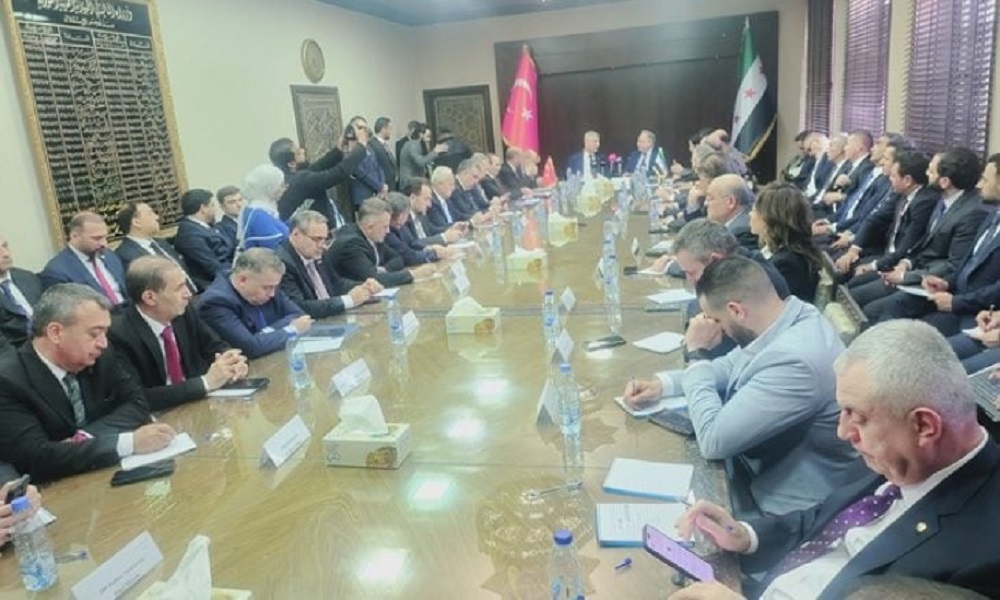
Plans for Joint Banks and Market Platforms
The Turkish delegation included officials from the Ministries of Transport, key economic institutions, civil society, chambers of commerce and industry, and the Contractors’ Union.
Mohammad Al-Atassi, Director of Planning and International Cooperation at the Syrian Ministry of Finance, emphasized Turkey’s strong interest in investing in Syria—especially in the financial, construction, and industrial sectors.
“We are revisiting a series of older Syrian-Turkish agreements, which will be reactivated in light of Syria’s current context,” Al-Atassi explained. “More than eight agreements are under review, including strategic partnerships and double taxation treaties. Future plans include joint Syrian-Turkish banks, capital market trading platforms, technical support partnerships, and the revival of Turkish industrial activity inside Syria.”
Mutual Commitment to Economic Revival
The Syrian government described the meeting as part of a broader effort to enhance financial, banking, and economic cooperation with Turkey—aimed at mutual growth and benefit.
Minister Barniyeh praised Turkey’s supportive stance toward Syria during the years of unrest and highlighted the significance of this visit in the early stages of the new Syrian government. He underscored Syria’s commitment to fostering investment through a business-friendly environment, legislative reforms, and a modern financial infrastructure—particularly in the areas of money transfer and electronic payments.
He also emphasized the role of the private sector in driving economic development, noting the value of learning from Turkey’s experience and working in partnership to improve the Syrian economy and raise living standards.
Minister Bolat echoed this sentiment, emphasizing the historical ties between the two nations and their shared geographic importance as a bridge between East and West. He congratulated Syria on what he described as the “birth of a new Syria” following 14 challenging years and reaffirmed Turkey’s support for rebuilding Syria’s economy, improving agriculture and industry, and enhancing infrastructure to serve both nations.
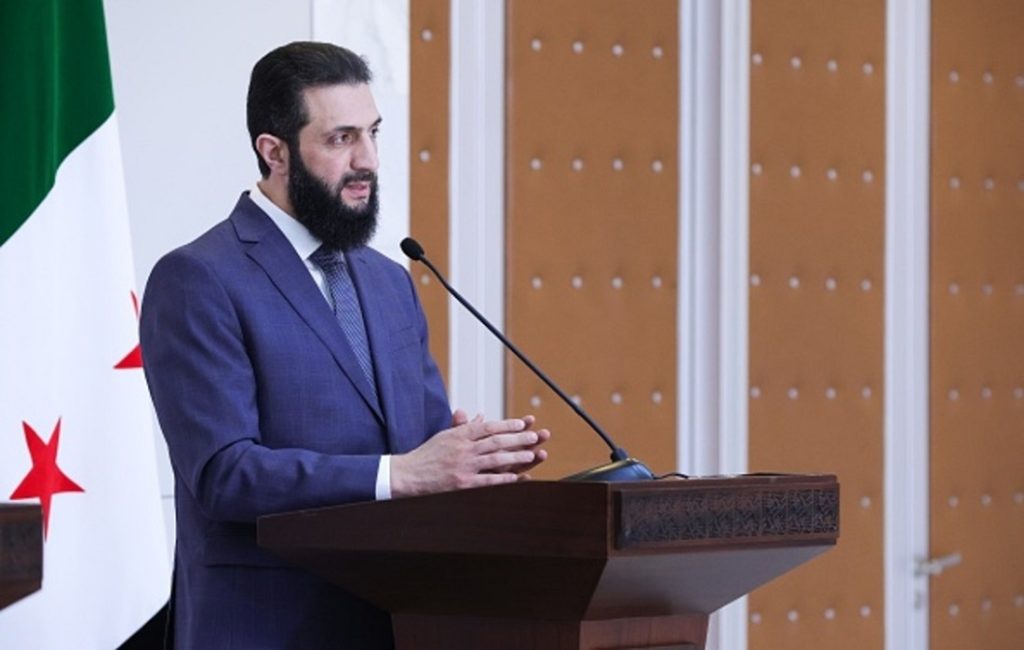
Syrian and Turkish Ministers Emphasize Joint Commitment to Economic Revival and Reconstruction
Minister Barniyeh praised Turkey’s supportive stance toward Syria and its people throughout the years of the revolution. He emphasized the importance of the Turkish delegation’s visit during the early weeks of the new Syrian government, as it reflects a genuine interest in supporting Syria, contributing to its reconstruction, rebuilding institutions, and achieving development.
He also stressed the Syrian government’s commitment to encouraging investment by creating an attractive investment environment, developing relevant legislation, offering broad incentives, and building a qualified financial and banking infrastructure—particularly in money transfer systems and electronic payment networks across various entities.
Barniyeh highlighted the importance of supporting the private sector as a partner in economic development alongside government efforts, learning from the Turkish experience in this domain. He emphasized the need to genuinely understand and meet investment requirements in Syria and reaffirmed the government’s dedication to improving the Syrian economy, living standards, and Syria’s regional and global standing.
In turn, Minister Bolat highlighted the deep and long-standing relationship between the Syrian and Turkish peoples, stating that the two countries geographically form a bridge between East and West. He praised the victory achieved by Syrians after 14 difficult years, culminating in the emergence of “a new Syria” on December 8 of the previous year.
Bolat reaffirmed Turkey’s support for building a strong Syrian economy, contributing to its reconstruction, improving agriculture and industry, and enhancing its infrastructure—all to benefit both peoples.



